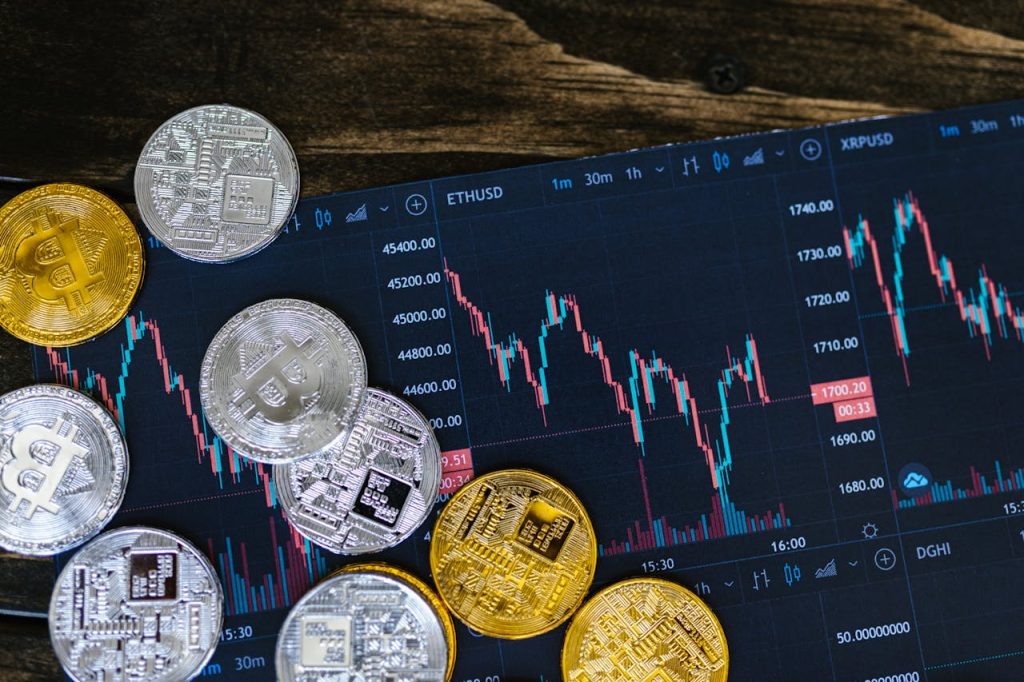
The world of Cryptocurrency is expanding incredibly quickly, providing plenty of avenues to invest and grow your wealth. But with the rise of cryptocurrencies, security becomes a big concern too. Violent headlines about massive hacks and scamming activities raise a doubt in many, as to ‘is cryptocurrency safe?’. The very first step towards safeguarding your funds is to comprehend the job of a cryptocurrency wallet. Wallet can be a point of access and safe at the same time.
However, how safe these wallets are? Are you doing enough to protect your hard-earned investments? This guide will go into details of risk exposure and how every individual can strategize to protect their cryptocurrencies. Follow along to uncover common practices that may protect you against the most well-known threats in this dynamic environment. Let’s embark on this trip together to secure your financial future in the crypto realm!
Types of Cryptocurrency Wallets
A crypto wallet is a web-based service which is used to store crypto currency. It allows the sending and receiving of a range of currencies. They can be a software program on a computer or mobile phones, as well as hardware devices similar to USB flash drives. So one wallet has the unique address of your currency.
Wallets can be segregated mostly into two kinds, cold and hot wallets. Hot wallets are easier to operate in doing transactions since they are always connected to the internet. However, this is a way charlatans can use to compromise the security of the hot wallets. Cold wallets on the other hand do not require internet connection, therefore, they are more secure for long term storage.
Knowing how these wallets work enables you to manage your assets wisely. It becomes easier to determine which solution is appropriate for a specific situation given how well you know its strengths and weaknesses.
Need for Security in Crypto Wallets
With the adoption of cryptocurrencies came many chances and opportunities for investing and attaining wealth. On the brighter side of things, the risk of loss, be it through a cyber attack or a security breach is something that has to be considered. A primary focus to shifting values secured to crypto assets in a wallet becomes extremely important.
A hacked wallet may vanish investments made after much hard work in a blink of an eye. Ransomers are always creating new moves to exploit weakness, and thus users of cryptocurrency have to stay educated on security features.
By choosing robust security measures, it is not only safeguarding yourself but also establishing a mental peace. The matters of crypto wallet security are crucial as they allow a holder to make use of crypto while minimizing any risk of getting their funds stolen or hacked.
Best Practices for Securing Your Crypto Assets
An essential element in the first step of securing your crypto assets is to use unique and difficult passwords. Avoid phrases or information that can easily be guessed like one’s date of birth. A solution to this is to seek the assistance of a password manager to create and save passwords in a secure manner.
Also, regularly updating your software is important. Whether it’s for the wallet application, program or an anti virus, they need to be regularly updated so as to not create any chance that can be taken advantage of by a hacker. Set a reminder for yourself to check for updates regularly.
As a good measure, backup your crypto wallet periodically, and make sure the backup is secure. By so doing you would be making sure that you will not be locked out in the event that something goes wrong with your main device. For a more advanced safeguard against electronic attacks, look into extra protection strategies like keeping a USB drive that is not connected to the internet.
Common Crypto Scams and Pitfalls to Avoid
The world of crypto is ever-changing but sadly full of scams that can deceptively deceive even the most experienced of crypto investors. Whether they are fake initial coin offerings (ICOS) or Ponzi schemes, it is important to remain cautious throughout. Always make good inquiries before putting any money in a project or platform.
The third prevalent threat that has been recorded is phishing. This attack is a bit less sophisticated in that it involves the use of fake websites that appear to be exchanges or wallets and trick people into giving their private information. In this case, it is advisable to avoid such practices as composing messages that are too long or inserting important personal information. It is prudent to pay special attention to the URL and the connection being made when the input of one’s personal detail is required.
Beware of the temptations of the scams, such as investments that comes with offers of absolute returns, or hasty sales off the tokens. These approaches are meant to rope you in and eventually endanger your wealth seeking greed, which you ought to avoid. Scams are easy to fall to, listen to your common sense and act smart, but most importantly seek to avoid risks in this very unstable world.
One Thing To Keep in Mind When Choosing a Crypto Wallet That Fits Your Needs
Cryptocurrency wallets are critical for maintaining your cryptocurrencies secure. There are different wallets including but not limited to hardware, software and paper wallets. Each kind addresses a specific requirement and provides varying degrees of security.
The major advantage of hardware wallets is the offline use, this makes them great for people who are looking for something safer and does not care about efficiency when investing. On the contrary, software wallets can provide easy access to your money but they might be more dangerous while online.
Think about how frequently you will be trading or using your cryptocurrencies. If you’re a cryptocurrency novice, a software wallet will work just fine. However, for those who are looking for long-term storage of larger assets, perhaps getting a hardware wallet is a better option. Always analyze your individual needs beforehand.
Adding on Two-Factor Authentication (2FA)
Two-Factor Authentication (2FA) is another method that can help to secure your crypto wallet. It virtually eliminates unauthorized access because it is not sufficient to provide just a password. There also needs to be another step involving verification through either text, an authentication app, or a hardware token.
Typically, setting up 2FA is not complex. A majority of wallets have it integrated into their security settings. It is a wise idea to enable it because it will save you from dozens of hackers.
Don’t forget that 2FA is not perfect. It is an enhancement, not the end. There are still many weaknesses that a user will need to be wary of. Passwords should be updated regularly, and especially after any suspicious actions have been registered on the account. Overall, any unusual activity in terms of account usage should be treated with caution.
Hot and cold wallets are two terms you will often hear when dealing with crypto. But in what way are they relevant? As someone who’s interested in investing in cryptocurrencies, it is incredibly crucial for you to know how to store these currencies. Hot wallets are internet-connected wallets that allow users to frequently send and receive crypto. While they are easy to use, the only downside is that they are more at risk of being hacked. Some examples of hot wallets include cash and mobile applications.
In the same vein, cold wallets such as hardware wallets and paper wallets aren’t connected to the internet. However, the downside is that while you are safer from online threats, getting access to your funds takes longer and is more difficult. A cold wallet is ideal for someone who wants to invest in crypto for an extended period. On the contrary, if you buy and sell a lot, a hot wallet would be easier for you to use. It’s worth noting that there is no one-size-fits-all when it comes to crypto storage, rather the choice depends heavily on how you trade or use them.
On that note, it is crucial that you’re aware of the threats posed by hackers and cyber criminals. A common tactic that hackers implement is phishing scams, where they create fake wallets or fake exchanges that look identical to real ones. Always read the URL of the website to confirm it’s real. Always look for varied information such as minor punctuation changes or spelling mistakes.
Bookmarks are helpful because you do not need to retype each page that you previously saved. Also, treat emails with suspicion; do not open links until you check the sender’s address. Steer clear of attachments from strangers. This software is intentionally created to sabotage your security systems.
Keep track about up to date phishing strategies through the sites and forums which talk about cryptocurrency and cyber issues. Bear in mind that if the price is too low – say, “there is no charge – for free tokens” or “you will gain a stonking return” – it is probably a scam.
While remaining aware, it will help you reduce the risks of being a target of these strategies and it will secure your belongings in this complex built up digital space.
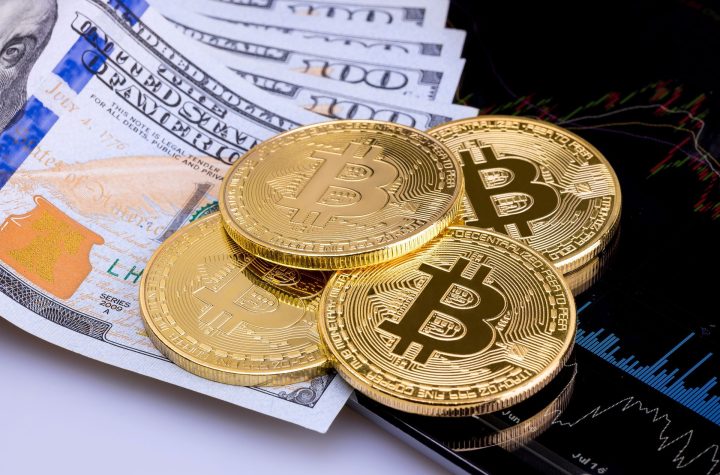
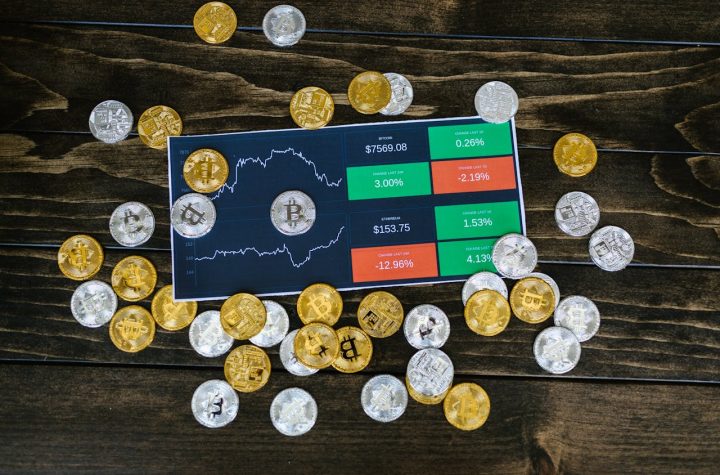
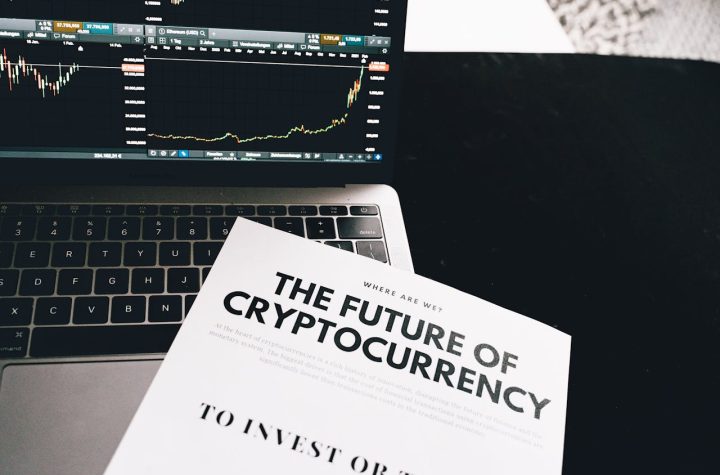
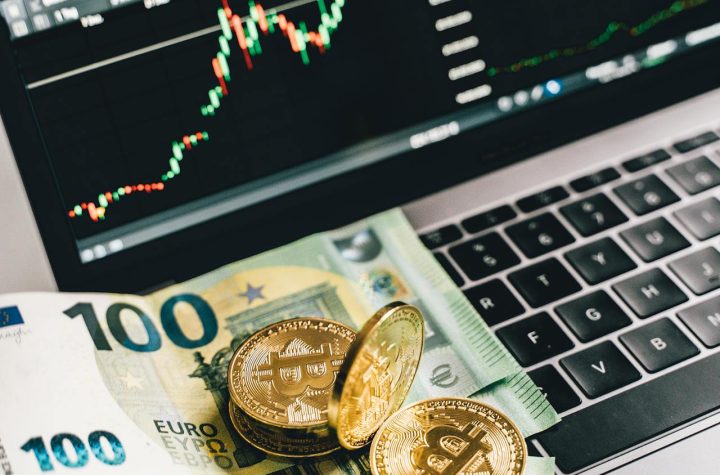
More Stories
Cracking the Codes of Cryptospeak: Concepts and Terms Deconstruction
The Beginner’s Guide to Buying Cryptocurrency: Step by Step Guide
Cryptocurrency as an investment: the ultimate guide for people who are still attending kindergarten.